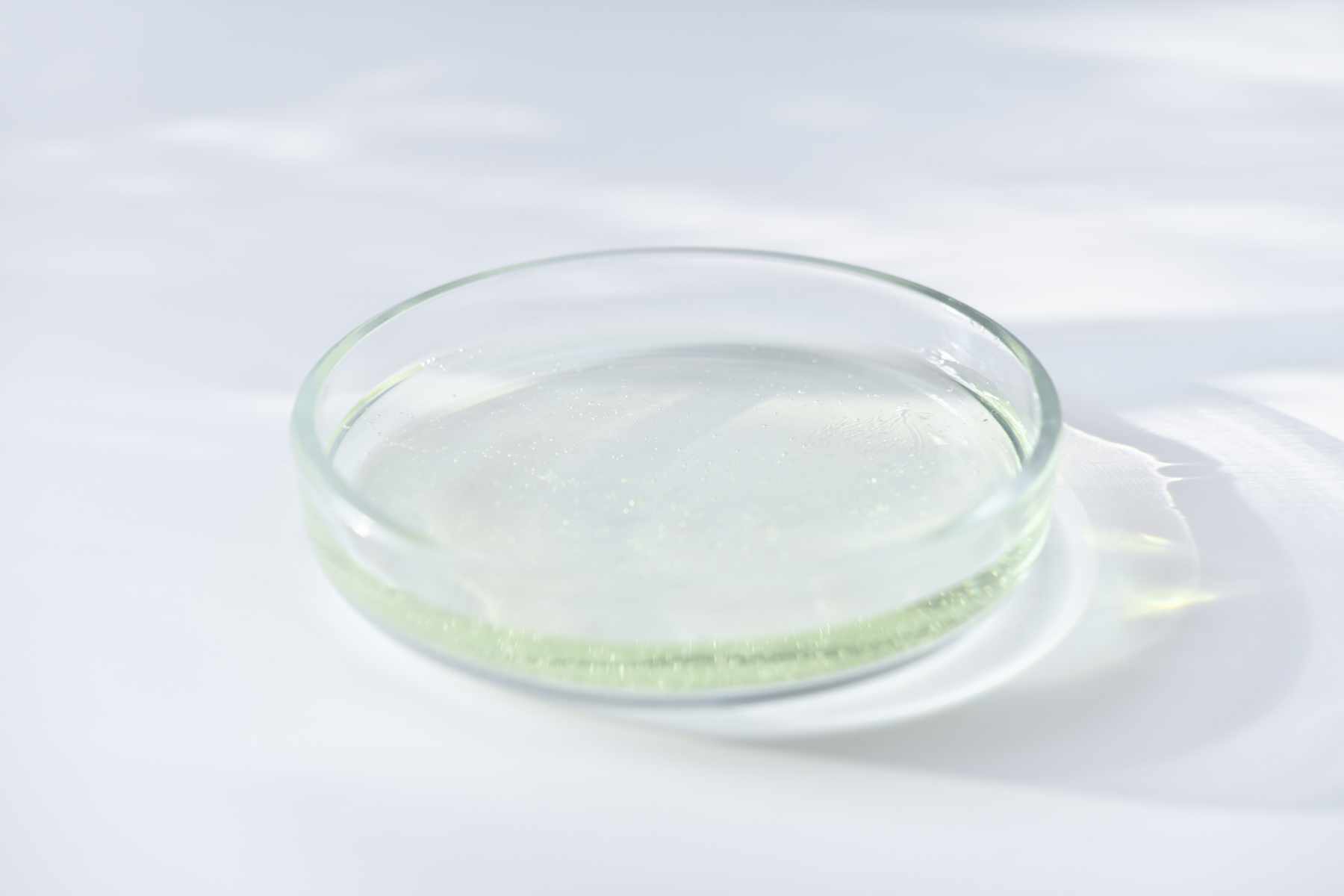ChatRx uses advanced AI to accurately diagnose the symptoms of MRSA and prescribe antibiotics as needed.
**Not for emergency use. Care is provided with physician oversight. AI assists clinical workflow only. For concerning or urgent symptoms, call 911.

MRSA, or Methicillin-Resistant Staphylococcus Aureus, is a type of antibiotic-resistant bacterial infection that primarily affects the skin and soft tissues. This condition can be more severe and challenging to treat than other staph infections due to its resistance to many common antibiotics.
MRSA can be serious if not treated promptly. If you suspect you may have MRSA, use our system to rapidly assess your symptoms!
The ChatRx Free Symptom Checker is Available!
What is MRSA Infection?
- An infection of the main airways (bronchi) that leads to inflammation and swelling
- Can be caused by viruses, bacteria, or irritants like smoke
- Often develops after a cold or the flu
- Usually lasts 1-2 weeks, but cough can persist for several weeks
Causes of MRSA Infection
- Exposure to the MRSA bacteria, which can be found in healthcare settings or the community
- Weakened immune system or underlying medical conditions that increase susceptibility
- Improper use or overuse of antibiotics, which can contribute to the development of antibiotic resistance
Preventing MRSA Infection
- Practicing good hand hygiene, especially after contact with healthcare settings or infected individuals
- Avoiding sharing personal items like towels, clothing, or sports equipment
- Ensuring proper wound care and covering any cuts or breaks in the skin
- Maintaining a healthy immune system through a balanced diet and regular exercise
Symptoms of MRSA Infection
- Boils, abscesses, or other skin infections that are slow to heal
- Redness, swelling, and tenderness in the affected area
- Fever, chills, and general feelings of illness
- Potential spread of the infection to other parts of the body or to other individuals
Treating MRSA Infection
- Prescription-strength antibiotic ointments or oral antibiotics, as directed by a healthcare provider
- Drainage or surgical removal of abscesses or other infected lesions
- Hospitalization and intravenous (IV) antibiotics for more severe or systemic infections
Self-Care for MRSA Infection
- Keep the affected area clean and covered to prevent the spread of the infection
- Avoid touching or picking at the infected area, as this can worsen the condition
- Monitor the infection for signs of worsening, such as increased redness or fever, and seek medical attention if necessary
Antibiotics for MRSA Infection
- Prescription-strength antibiotic ointments, such as mupirocin or retapamulin, may be used to treat MRSA skin infections
- Oral antibiotics, like clindamycin or doxycycline, may be prescribed for more extensive or severe MRSA infections
Risk Factors for MRSA Infection
- Exposure to the MRSA bacteria, which can be found in healthcare settings or the community
- Weakened immune system or underlying medical conditions that increase susceptibility
- Improper use or overuse of antibiotics, which can contribute to the development of antibiotic resistance
- Recent hospitalization or contact with the healthcare system
MRSA is a serious and potentially life-threatening infection that requires prompt medical attention. By practicing good hygiene, avoiding unnecessary antibiotic use, and seeking appropriate treatment, individuals can help prevent the spread of MRSA and minimize the risk of complications.
MRSA might appear as a skin infection that looks like:
- A tender, red area that may resemble a spider bite
- A warm area that might contain fluid
- An infected area that may not heal as expected
These symptoms could be similar to other skin infections, making proper diagnosis helpful.
Get an accurate online diagnosis through ChatRx’s AI medical assessment system.
Yes, MRSA can spread through direct skin contact or by sharing personal items like towels, razors, or athletic equipment. The bacteria can also live on surfaces for several days. Always keep infected areas covered and practice good hygiene.
If your infection isn’t improving with initial treatment, it might be MRSA. This type of infection may need specific medications for effective treatment.
Concerned about antibiotic resistance? Let ChatRx’s AI doctor evaluate your infection.
Don’t delay seeking treatment, as MRSA can worsen quickly. Keep the area clean and covered, avoid touching it, and get medical attention promptly. Early treatment helps prevent serious complications.
Get immediate evaluation of your symptoms with ChatRx’s online medical platform.
No, MRSA requires proper medical treatment with specific antibiotics. Without appropriate treatment, the infection can spread deeper into your body and become serious or life-threatening.
- Keep infected areas covered with clean, dry bandages
- Wash hands frequently with soap and water
- Don’t share personal items
- Clean and disinfect frequently touched surfaces
- Wash clothes and bedding in hot water
MRSA is a specific type of staph infection that’s resistant to methicillin and many other common antibiotics. This resistance makes it harder to treat and potentially more dangerous than regular staph infections.
Yes, you can get MRSA multiple times. People who’ve had MRSA before are at higher risk of future infections. Proper hygiene and following prevention guidelines help reduce this risk.
